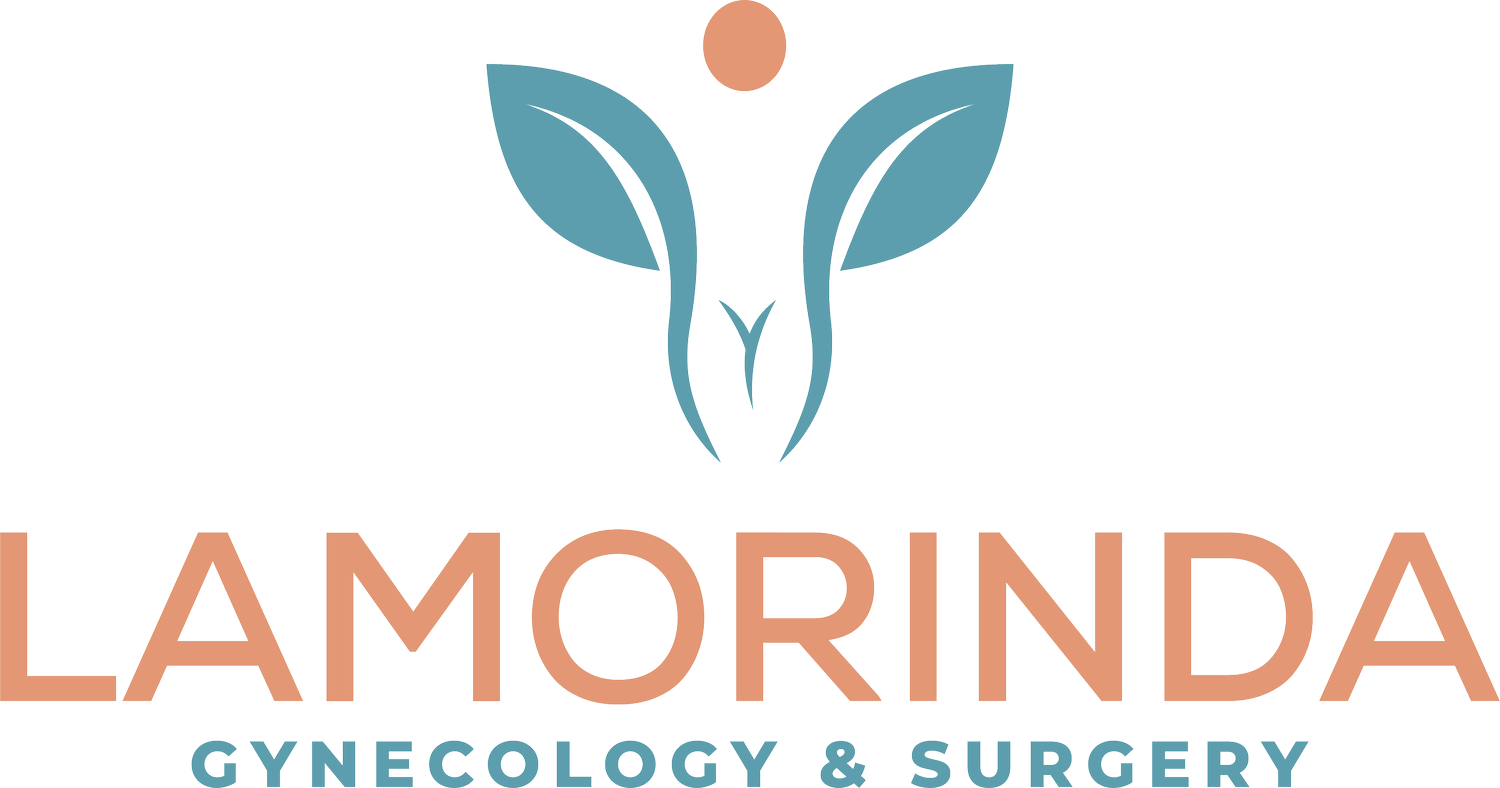Blog
Find answers to your gynecological questions. Use the search box below to find the help you need.
The Hidden Risk of HPV and the Importance of Protection
The best method to mitigate the risk of transmitting HPV is the use of condoms. While they may not provide 100% protection against HPV, they significantly reduce the likelihood of transmission. Awareness and precautions are key in relationships, especially with new partners, as the absence of symptoms in men does not equate to the absence of risk.
When Should You Consider Hormone Testing? Understanding the Role of Symptoms in Diagnosing Menopause
I generally recommend conducting these tests on day three of your menstrual cycle, provided you are still menstruating. This timing tends to provide a clear snapshot of where your hormone levels stand. However, interpreting these results isn't about finding a specific threshold that dictates a need for hormone therapy. Instead, it's about understanding the broader context of your symptoms and health status.
Understanding Endometriomas and Their Impact on Fertility
Endometriomas are not just any ovarian cysts; they are deeply intertwined with endometriosis, suggesting a more extensive presence of the condition in the pelvis. This can lead to complications concerning fertility.
Top Three Questions to Ask Your Surgeon Before Undergoing Myomectomy
Myomectomy, a surgical procedure to remove fibroids, is known for being one of the more blood-intensive operations in gynecology. Here are three essential questions you should ask your surgeon during your pre-operative consultation to ensure you’re fully prepared for the procedure and its aftermath.
The Benefits of Using a Cell Saver During Fibroid Surgery
A cell saver works by collecting the blood lost during surgery, filtering out impurities and any tissue fragments, and then safely reintroducing the cleaned blood back to the patient.
Understanding Prolapsing Fibroids: What You Need to Know
Prolapsing fibroids occur when fibroids located within the uterine cavity begin to descend through the cervix. This condition can lead to sudden and heavy bleeding. If you have fibroids and experience a significant increase in bleeding, it’s crucial to consult a gynecologist promptly.
Understanding Irregular Periods: The Role of Metabolic Health in Reproductive Wellness
Many women experience abnormal or irregular bleeding—terms that encompass heavy, erratic, or inconsistent menstrual cycles. While these issues can understandably cause concern, it’s important to realize that not all menstrual irregularities are due to obvious gynecological issues like fibroids, cysts, or polyps. Sometimes, the underlying cause might be linked to something seemingly unrelated: your metabolic health.
Insights from a Week with a Continuous Glucometer: Tweaking Our Lifestyle for Better Sugar Metabolism
As a physician dedicated to not just treating but also experiencing firsthand the health strategies I recommend, I recently embarked on an experiment with my patients where we all wore continuous glucometers to monitor our blood sugar responses to different lifestyle choices. Using the Freestyle Libre 3, which is impressively resilient even during swimming or showering, we’ve gained some invaluable insights into how daily habits affect our sugar metabolism.
What are the main differences between a Vertical vs. Horizontal Incision for Fibroid Surgery?
The preference for incision type can also vary geographically. In the United States, horizontal incisions are more commonly used, including for C-sections, whereas in other parts of the world, vertical incisions may be more prevalent. It's important to discuss your options with your surgeon to determine the best approach for your specific situation.
Understanding the Risks: Migraines with Auras and Estrogen Pills
Migraines with auras present a unique challenge, especially when it comes to hormonal birth control options. The link between estrogen-based contraceptives and increased risk in women experiencing these types of migraines is rooted in vascular health and the propensity for blood clots.
The Link Between Estrogen Decline and UTIs in Menopause
Menopause brings numerous changes to a woman's body, and one less-discussed aspect is the increased risk of urinary tract infections (UTIs). A recent question in my DMs perfectly encapsulates this concern: How does the lack of estrogen during menopause contribute to a higher incidence of UTIs?
Cervical Cancer Awareness: Prevention is Key
January is Cervical Cancer Awareness Month, a crucial time to spread knowledge about the prevention of this entirely preventable disease. As a gynecologist, I want to emphasize the importance of understanding the primary cause of cervical cancer: the Human Papillomavirus (HPV).
Cervical Cancer Awareness: Understanding Prevention
The primary cause of cervical cancer is the Human Papillomavirus (HPV), a sexually transmitted virus and the most prevalent of its kind in the United States. Understanding the ways to prevent HPV infection is key to reducing the risk of cervical cancer.
To Keep or Remove the Cervix During Hysterectomy: Understanding Your Options
Deciding whether to keep or remove the cervix during a hysterectomy is a significant choice that depends on various personal health factors. As a gynecologist, I often guide patients through this decision by highlighting the main reasons for both options. Here are two key considerations for each choice.














